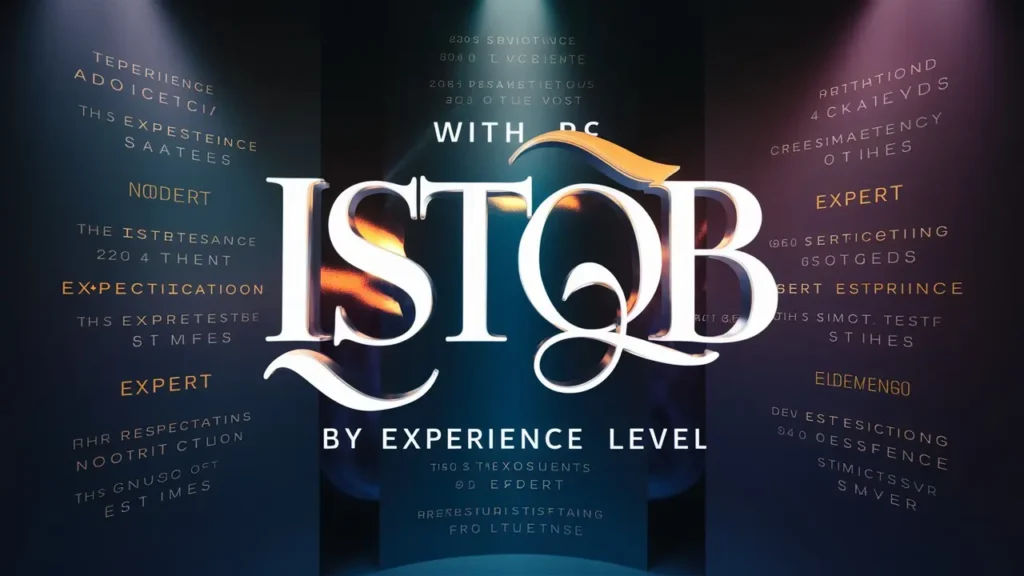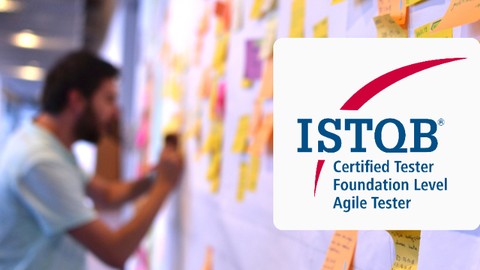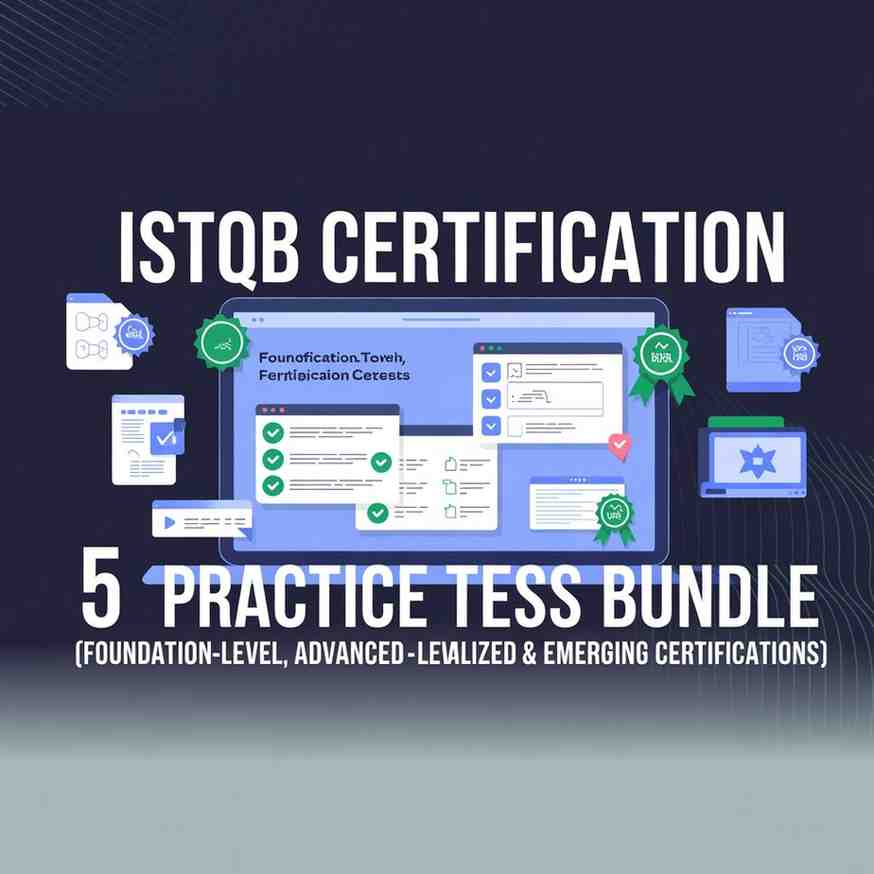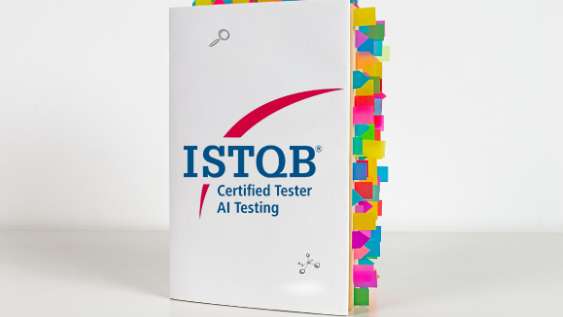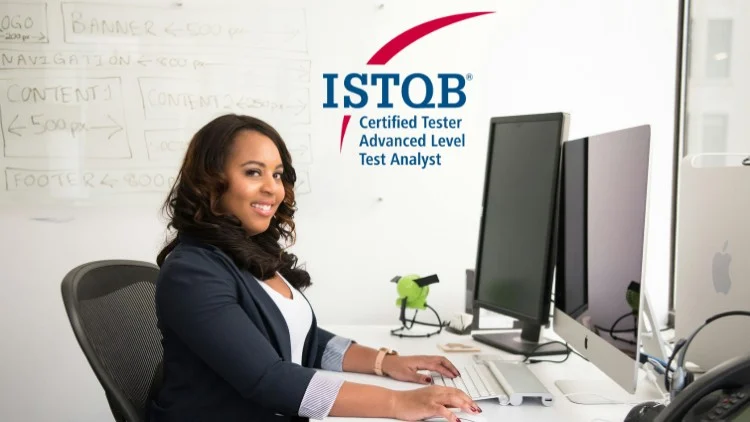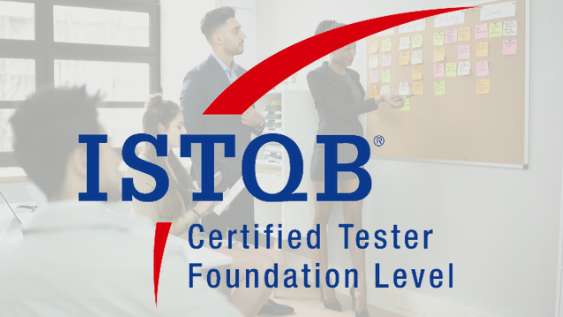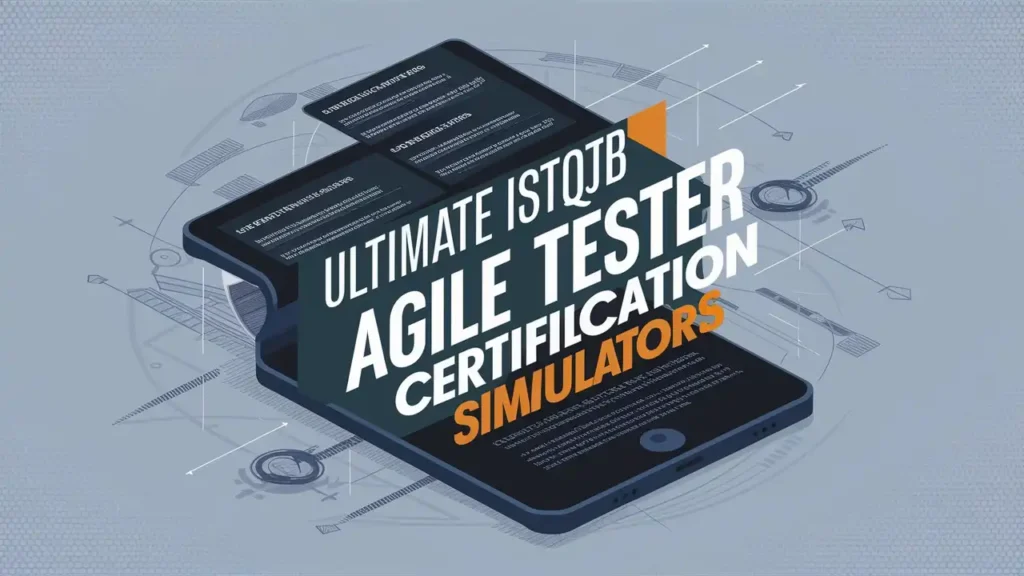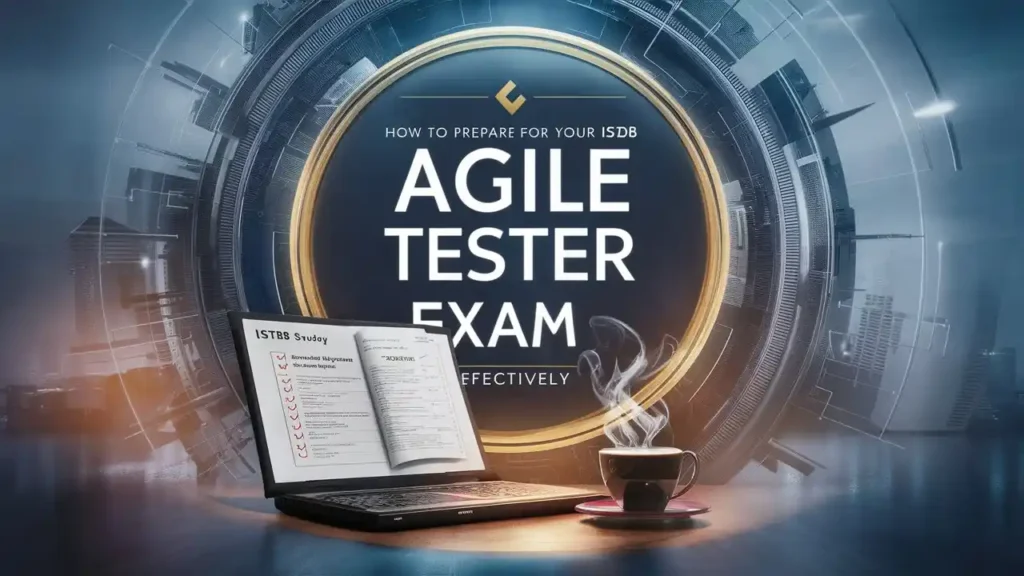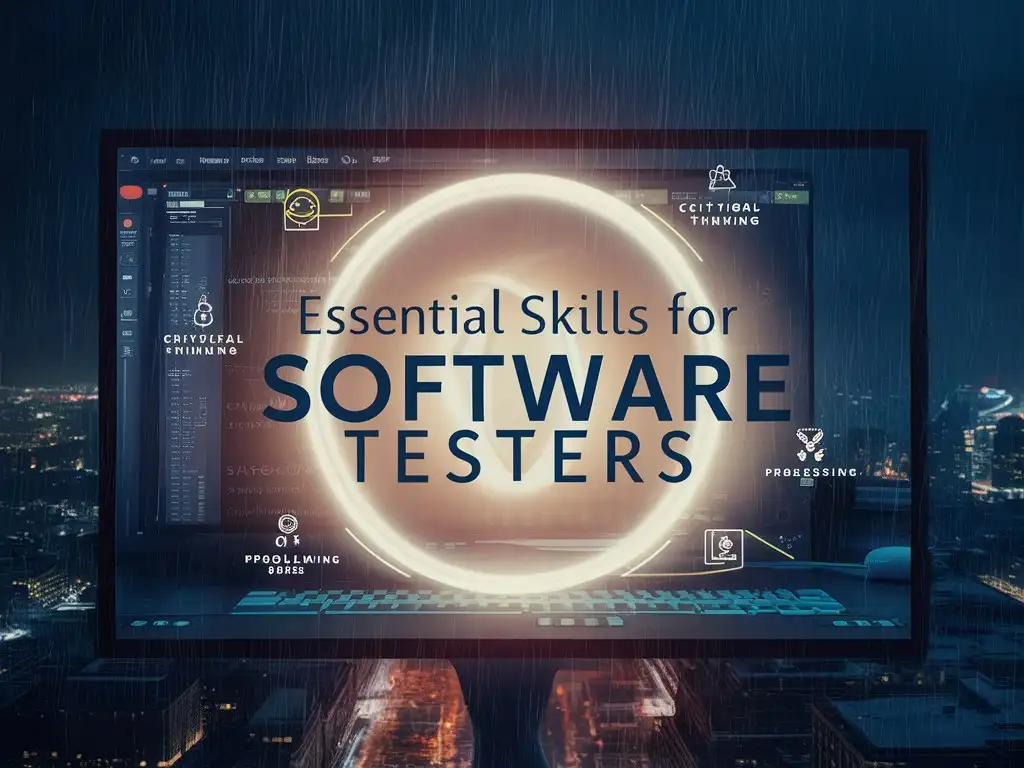The International Software Testing Qualifications Board (ISTQB) certifications are globally recognized credentials that validate your expertise in software testing. Whether you’re just starting your career or are a seasoned professional, ISTQB offers a structured certification path tailored for your ISTQB certifications by experience level. With multiple certifications available, it can be challenging to decide which one aligns with your career goals. In this blog, we’ll thoroughly map the top ISTQB certifications to different experience levels, helping you choose the best path for your career growth.
Why ISTQB Certifications Matter
ISTQB certifications are designed to standardize software testing knowledge and practices across the industry. By obtaining an ISTQB certification, you are demonstrating that you meet internationally recognized standards in software testing. This certification program provides a clear framework for understanding testing concepts, tools, and methodologies.
- Professional Recognition: These certifications validate your skills, helping you stand out in the competitive software testing job market. For targeted preparation, you can use resources like the ISTQB Certified Tester Foundation practice exams.
- Career Advancement: ISTQB certifications are recognized globally, enhancing your career prospects and increasing your earning potential. Practice with ISTQB Agile Tester Certification CTFL-AT Practice Exams to enhance your expertise in Agile methodologies.
- Industry Standards: ISTQB certifications ensure that professionals are well-versed in industry best practices, from manual testing to automation and performance testing.
By earning an ISTQB certification, you show employers your commitment to excellence and raise your profile in a global market. Whether you’re just starting out or have years of experience, the certification path provides clear milestones for advancing your career.
ISTQB Certification Levels: A Quick Overview
The ISTQB certification program is divided into three main levels, each catering to different levels of expertise:
Foundation Level (CTFL)
Advanced Level (CTAL)
Expert Level (CTEL)
These levels allow you to advance your skills progressively as you gain more experience in software testing. Below is a detailed explanation of each level and the experience it caters to.
1. Foundation Level (CTFL) – For Beginners and Entry-Level Testers 🎓
Who It’s For:
Aspiring software testers with little to no experience in the field.
Professionals transitioning into software testing from other industries.
Students or recent graduates seeking to enter the field of software testing.
What You’ll Learn:
Fundamental testing concepts, principles, and processes
Test design techniques, including black-box and white-box testing
Test management, tools, and defect tracking techniques
For beginners, the ISTQB Certified Tester Foundation practice exams are a great resource to prepare effectively.
Why It’s Important:
The Foundation Level (CTFL) is the first step in the ISTQB certification roadmap. This certification equips you with the core knowledge you need to understand software testing methodologies and tools. It is essential for anyone starting their career in software testing as it provides a comprehensive grounding in the subject.
Experience Level:
- 0–2 years of experience in software testing
ISTQB Foundation Level Requirements
To begin your ISTQB certification journey, you’ll need to meet the basic Foundation Level requirements, which include little to no testing experience. The certification is designed for those new to the field, providing a strong foundation for advancing to more specialized areas.
2. Advanced Level (CTAL) – For Intermediate and Experienced Testers 📈
Who It’s For:
Testers with 2+ years of experience in software testing who want to deepen their knowledge.
Professionals aiming for specialized roles like Test Manager, Test Analyst, or Technical Test Analyst.
Individuals looking to take on more responsibility and leadership roles within software testing teams.
What You’ll Learn:
The Advanced Level is divided into modules like:
- Test Manager: Learn advanced test management, risk-based testing, and team leadership. Practice with the ISTQB Test Manager Advanced Level Practice Exams.
- Test Analyst: Delve deeper into test design techniques and business domain testing.
- Technical Test Analyst: Focus on technical testing skills, including automation and performance testing. Use the ISTQB Certified Tester Advanced Level Practice Exams for preparation.
Why It’s Important:
The Advanced Level allows you to specialize and gain expertise in areas critical for career progression. It is designed for professionals who want to take on more complex testing scenarios and leadership positions. For example, the Test Manager module helps those aspiring to oversee testing projects or lead teams, while the Technical Test Analyst module is perfect for those focused on the technical side of testing.
Experience Level:
- 2–5 years of experience in software testing
ISTQB Advanced Level Prerequisites
Before pursuing the Advanced Level, candidates must have completed the Foundation Level certification, which serves as a prerequisite. This ensures that you already have a solid foundation in testing principles before diving into specialized, advanced topics.
Common Mistakes to Avoid in the ISTQB CTFL Exam
Many candidates rush through the Foundation Level material without fully understanding the basics. This can lead to challenges when transitioning to the Advanced Level. Make sure to review and reinforce core concepts from the Foundation Level before moving forward.
3. Expert Level (CTEL) – For Seasoned Professionals and Leaders 🌟
Who It’s For:
Testers with 5+ years of experience in leadership or specialized roles.
Professionals aiming for strategic positions like Test Director, Quality Assurance Manager, or Test Architect.
Individuals who wish to master advanced testing concepts and methodologies.
What You’ll Learn:
The Expert Level focuses on high-level strategic skills. Modules include:
Test Management: Strategic test management, organizational structures, and improving testing processes.
Improving the Test Process: Techniques for assessing and enhancing testing processes within an organization.
Test Automation: Advanced automation strategies, frameworks, and tools.
The Expert Level focuses on high-level strategic skills, such as advanced automation and process improvement. Resources like the AI ISTQB Testing Certification Practice Exams can help you stay ahead in automation and AI trends in testing.
Why It’s Important:
The Expert Level is the pinnacle of the ISTQB certification path. It prepares you for leadership positions in testing, equipping you with the knowledge to improve testing processes at an organizational level. This level is perfect for those aiming for positions that influence the strategic direction of testing in their company or industry.
Experience Level:
5+ years of experience in software testing, with significant leadership or specialized expertise.
Choosing the Right ISTQB certifications by experience level
Here’s a quick guide to help you map your experience level to the appropriate ISTQB certification:
Tips for Navigating the ISTQB Certification Path
Start with the Foundation Level: Even if you have some experience, the Foundation Level ensures you have a strong grasp of the basics before diving deeper.
Progress Gradually: Once you’ve built foundational knowledge, move to the Advanced and Expert Levels as you gain more experience and confidence.
Specialize Based on Your Interests: Choose Advanced Level modules that align with your career goals, such as Test Manager or Technical Test Analyst. Specializing in a particular area can help you stand out in the job market.
Leverage Resources: Use official ISTQB syllabus and practice exams. The ISTQB Agile Tester Certification CTFL-AT Practice Exams are ideal for those focusing on Agile testing methodologies.
Network with Peers: Join testing communities and forums to stay motivated and learn from others’ experiences.
Final Thoughts
ISTQB certifications are a powerful way to validate your skills and advance your career in software testing. By mapping the certifications to your experience level, you can choose the right path and focus your efforts on achieving your goals. Whether you’re just starting out or are a seasoned professional, there’s an ISTQB certification tailored to your needs.
So, take the first step today, and embark on your journey to becoming a certified software testing expert. Your future self will thank you!

